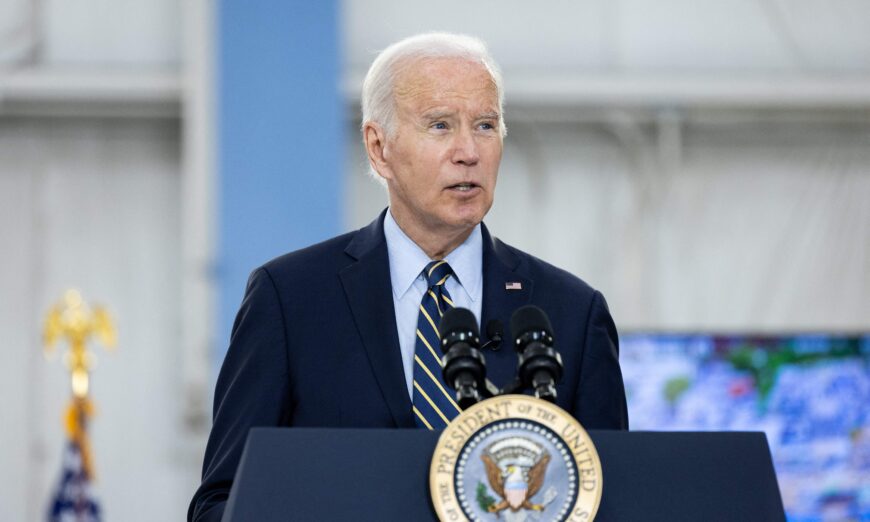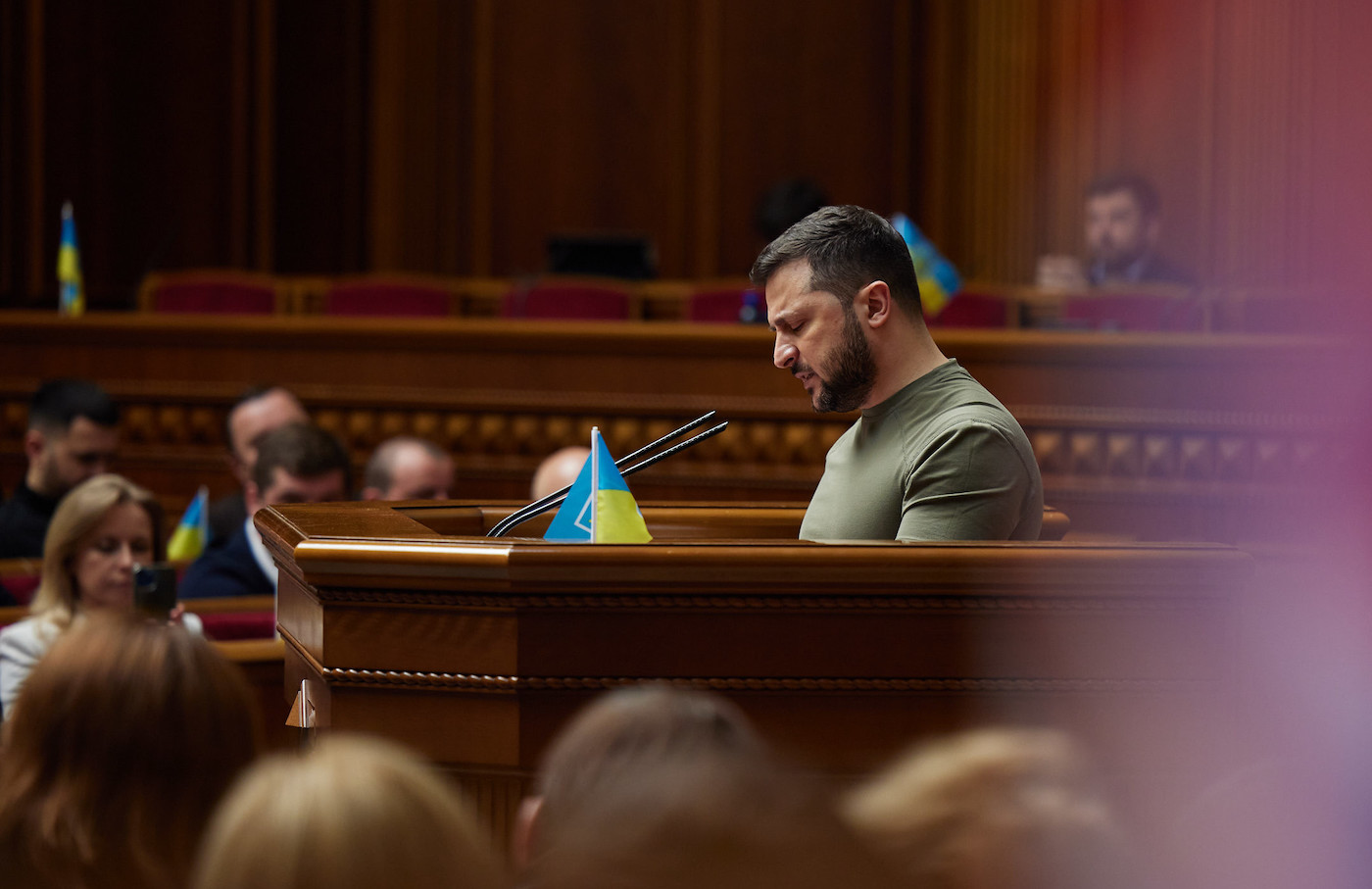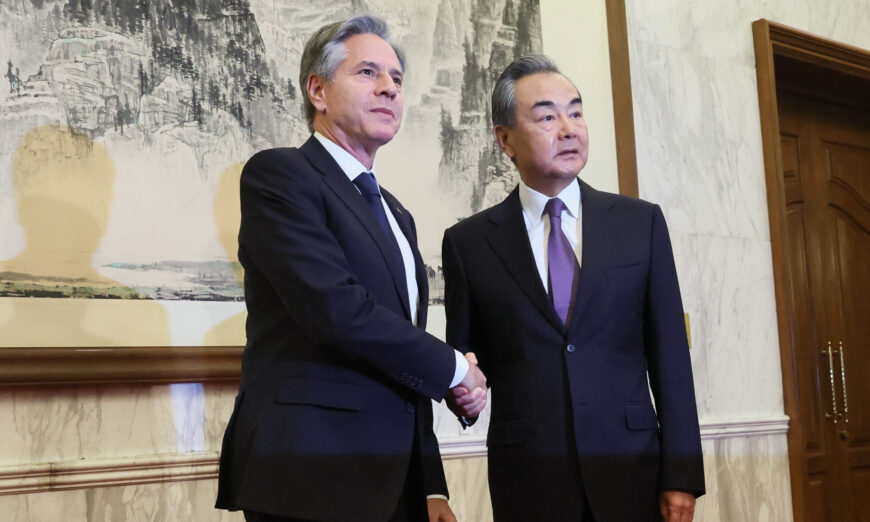Sudan army quits ceasefire talks with paramilitary group.
Sudan’s Army Halts Ceasefire Talks with Rival Group Amid Civil War
The Sudanese army has stopped participating in ceasefire talks with its rival Rapid Support Forces as the country’s civil war rages on without any sign of stopping.
Despite peace talks between the country’s army and the rival paramilitary group beginning in early May, the fighting has persisted, and the humanitarian crisis in the country has worsened. The negotiations and agreements did little to stop the violence, and the United Nations estimates that 24.7 million people, or half the population, need urgent humanitarian assistance and protection.
Why the Ceasefire Talks Stopped
The decision to halt talks of peace with the RSF came after weeks of frustration for the Sudanese government, according to al Jazeera. “[The] RSF continued to violate the ceasefire and there is no meaning to this ceasefire. We still need to hear more from the army, in which they detail the reasons [as to] why they pulled out,” reported Mohamed Vall, a senior correspondent with the outlet. Previous ceasefires had also been violated, leading to citizens’ skepticism as the most recent round of talks in Jeddah, Saudi Arabia, began.
The Humanitarian Crisis
The civil war broke out in mid-April, and since then, hundreds of civilians have died, and more than one million people have been forced to flee their homes. The United Nations predicted in early May that 860,000 people would flee the country for neighboring ones, such as Saudi Arabia. The World Health Organization has reported that more than two-thirds of hospitals in the country are out of service, and even areas that have not seen fighting have medical facilities with low supplies and staff, fuel, oxygen, and blood bank services.
What’s Next?
The situation in Sudan remains dire, with no clear end in sight. The international community must continue to provide aid and support to those affected by the conflict, and pressure must be put on all parties involved to come to a peaceful resolution.
- 24.7 million people, or half the population, need urgent humanitarian assistance and protection
- More than one million people have been forced to flee their homes
- More than two-thirds of hospitals in the country are out of service
Click here to read more from the Washington Examiner.
" Conservative News Daily does not always share or support the views and opinions expressed here; they are just those of the writer."





